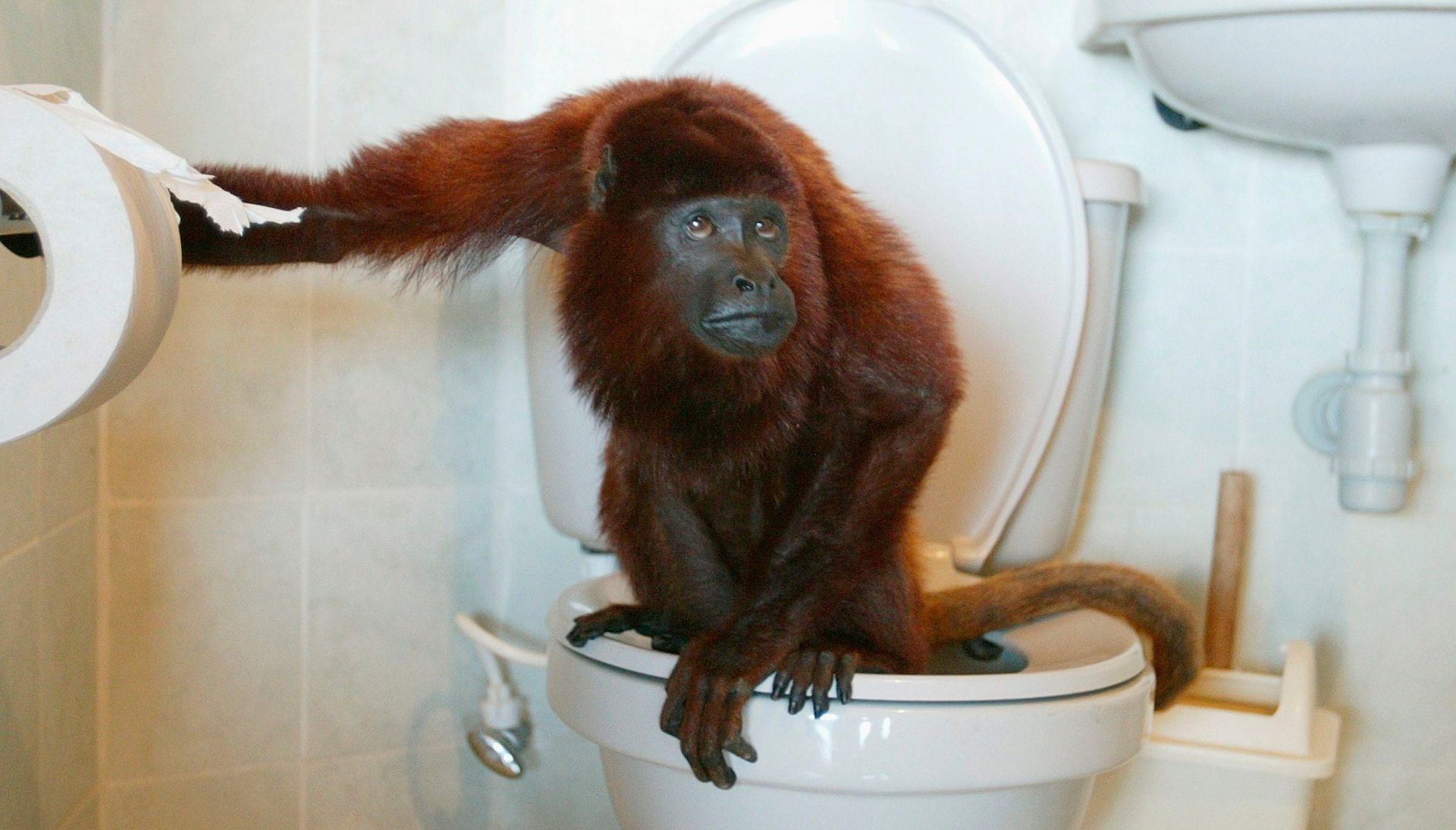Wet wipes are wreaking havoc on our sewers
The New York Times has an article today (March 13) on the plague of wet wipes in New York City’s sewers.


The New York Times has an article today (March 13) on the plague of wet wipes in New York City’s sewers.
As it happens, the problem isn’t so much of parents chucking their infants’ baby wipes into the toilet. It’s the hoards of hygiene-crazed adults who have glommed onto the joys of freshening their own behinds with moist cloths, rather than toilet paper. Sales of flushable wipes grew 23% to $367 million between 2008 and 2013, according to market research data cited by the Times and by Bloomberg News, which published an article in September about the scourge of non-degradable bathroom paper.
When these wipes, often marketed for their flushability, combine with other sludge in the sewage system, they become “really indestructible,” Vincent Sapienza of the city’s environmental protection agency told the Times. As a result, the city has spent some $18 million extracting the soggy remnants from the gears, pipes, and screens of the city’s underground infrastructure.
Sewer systems in cities across the US and abroad are suffering a similar fate. In London, a 15-tonne glob of wet wipes mixed with cooking grease that got stuck in a sewer line, nicknamed the “fatberg,” took more than three weeks for the city to break up.
Part of the problem is people flushing non-flushable baby wipes meant to be thrown out with dirty diapers. But even the flushable versions of wipes aren’t always flushable. In experiments by Consumer Reports and the New Jersey sewage authority, some brands of flushable wipes didn’t dissolve after being mixed on low in a blender and left in water for 24 hours, according to Bloomberg.
Asking wipes manufacturers to voluntarily label their wipes as ”no-flush” and ramp up their flushability is a tall order, since such measures would raise costs and put a damper on sales.
A cheaper, more elegant solution for beleaguered cities to consider is the bidet. The device, which an avid bottom refresher can purchase for less than $100, is already a mainstay in countries like Japan and Venezuela. And it’s hands-free, which makes it more hygienic than toilet paper or wipes.